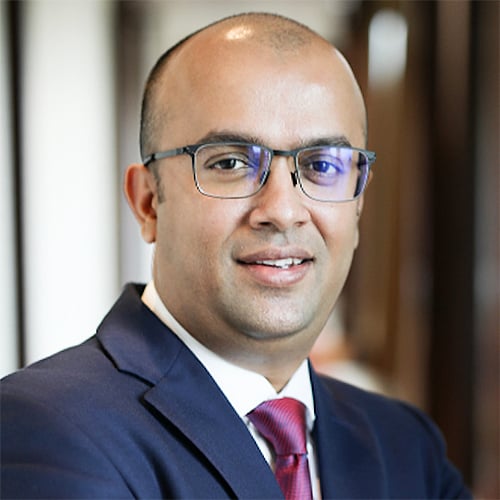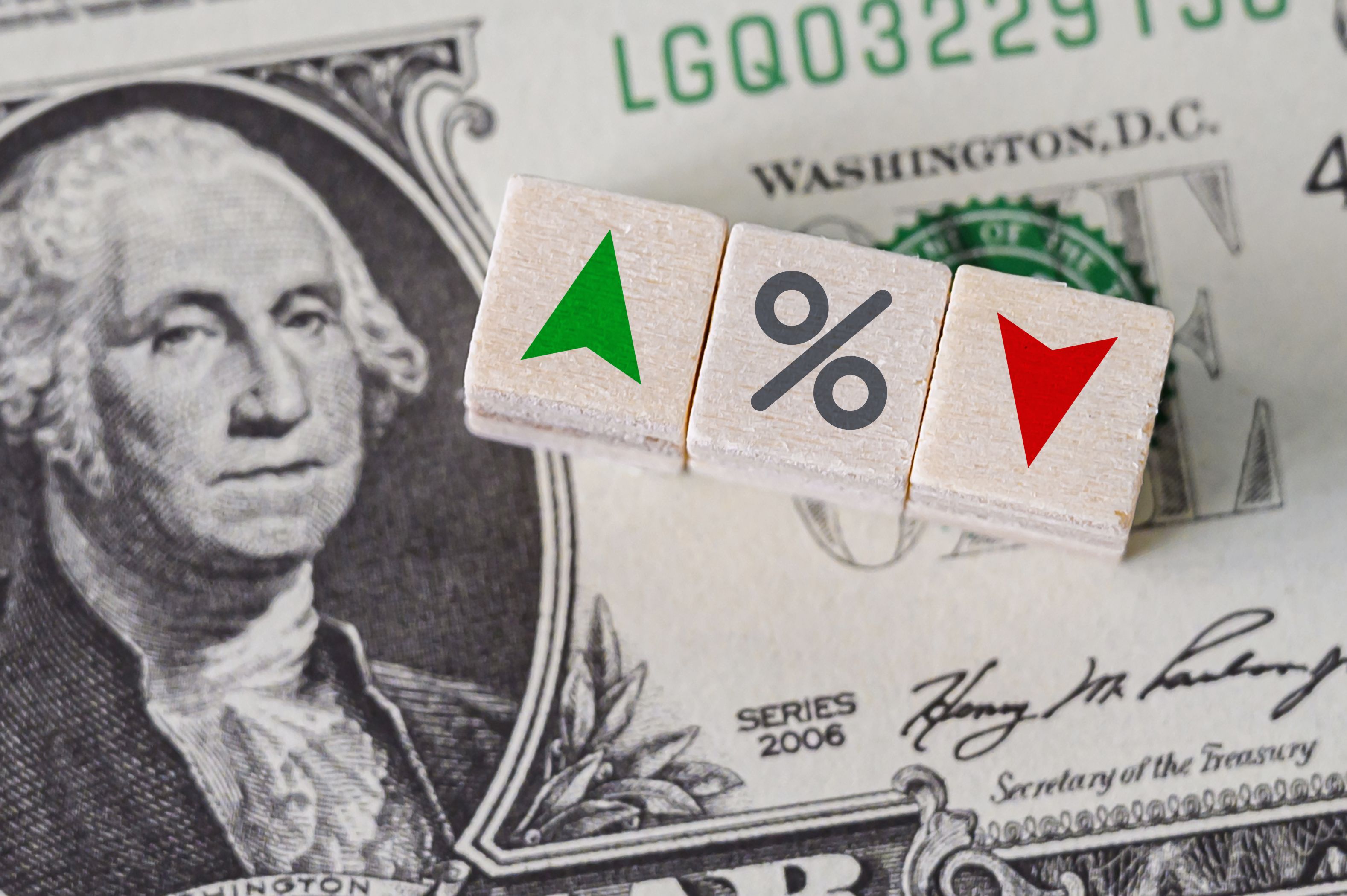In a low-return environment, Europe’s middle-market companies are likely to stand out.
BMO Global Asset Management believes middle-market investments in Europe can gain a 40% internal rate of return over a five-year period. Moreover, investors are drawn to them because they’re immune to prevailing macroeconomic realities.
“The European private equity market is counterintuitive. It has a good combination of being relatively inefficient making it an attractive market for skilled investors. On the other hand, it’s quite a sophisticated market that’s got the necessary infrastructure and institutions to successfully do private equity,” says Hamish Mair, Edinburgh-based director and head of private equity funds at BMO Global Asset Management.
Mair, who visited Hong Kong recently, said that Asian institutions and private investors have a good understanding of private equity as an asset class and are interested to learn about the opportunities in the European mid-market space.
“There’s quite a good understanding of the asset class, although they have not done much investing in private equity outside this region. They tend to be quite well aware of some of the large American private equity groups and one or two of the very big European ones. Their awareness level of the European mid-market is quite low and that’s not unexpected, but their understanding of the opportunities in the asset class is good,” Mair says.
Mair manages the F&C Private Equity Trust, a private equity-based fund with a 17-year track record and 240 million pounds (US$336 million) in assets under management (AUM). It invests in listed companies in the London Stock Exchange. The fund has a net IRR of 10.7% in 2015. The fund also pays a dividend of 4% NAV per annum.
F&C Private Equity invests in a combination of lower mid-market corporates with a European bias through a combination of fund positions, co-investments, and secondaries.
“Even during the period when there was a recession, private equity continued to deliver strong returns. The private equity portfolio in Europe is unlikely to be a proxy for the market generally. It is a small subset of highly selected companies and niche businesses. So most of these portfolios are full of niche businesses. I think the way to look at it is that good economic conditions are helpful but not a necessary condition for successful private equity in Europe. The correlation between economic growth and private equity returns is not very high,” Mair says.
Mair’s team was responsible for packaging a 130 million pound deal involving CSR Times Electric’s purchase of SMD Hydro Vision of Scotland’s Specialist Marine Development, maker of a world class ROV (remotely operated underwater vehicle) systems or so-called unmanned submarines. CSR Times Electric is a unit of state-owned China South Rail.
The deal, which was announced on April 2015, had a seven-year holding period. It generated 2.2x the original investment and a net IRR of 12%. “This IRR is lower than optimal but that’s because this is a niche company. It was acquired for 50 million pounds,” Mair says.
In eyeing the mid-market, BMO GAM focuses on European companies with niche businesses that address a particular need, have a decent top line growth and who are leaders in their industries in terms of market share. BMO GAM likes companies that are funded with 50% debt and 50% equity and have an enterprise value to Ebitda ratio of 6x-7x.
“The profits are expected to double over five years and you sell at a similar or slightly higher rating than you acquired them. And you make a return in the mid 20%. That’s the kind of base case return. These companies typically have an enterprise value of up to 500 million euros (US$563 million). That may sound like a lot of money but actually these are smallish companies by the standards of large private equity deals,” Mair says.
In terms of risk, private equity is traditionally considered an inherently risky asset class with a typical investment horizon of 4 or 5 years and the market for the companies’ shares won’t be liquid.
“They also tend to be smaller businesses. You might have attractive niches like I’ve described but you also may have a limited product range so that carries risk. Management can be excellent but management strength in depth is normally not as good as you might get in a public company. You’ve also got a lot of debt in the capital structure. All these things can be risky, and there’s nothing wrong with that provided you are adequately compensated for it,” Mair says.









